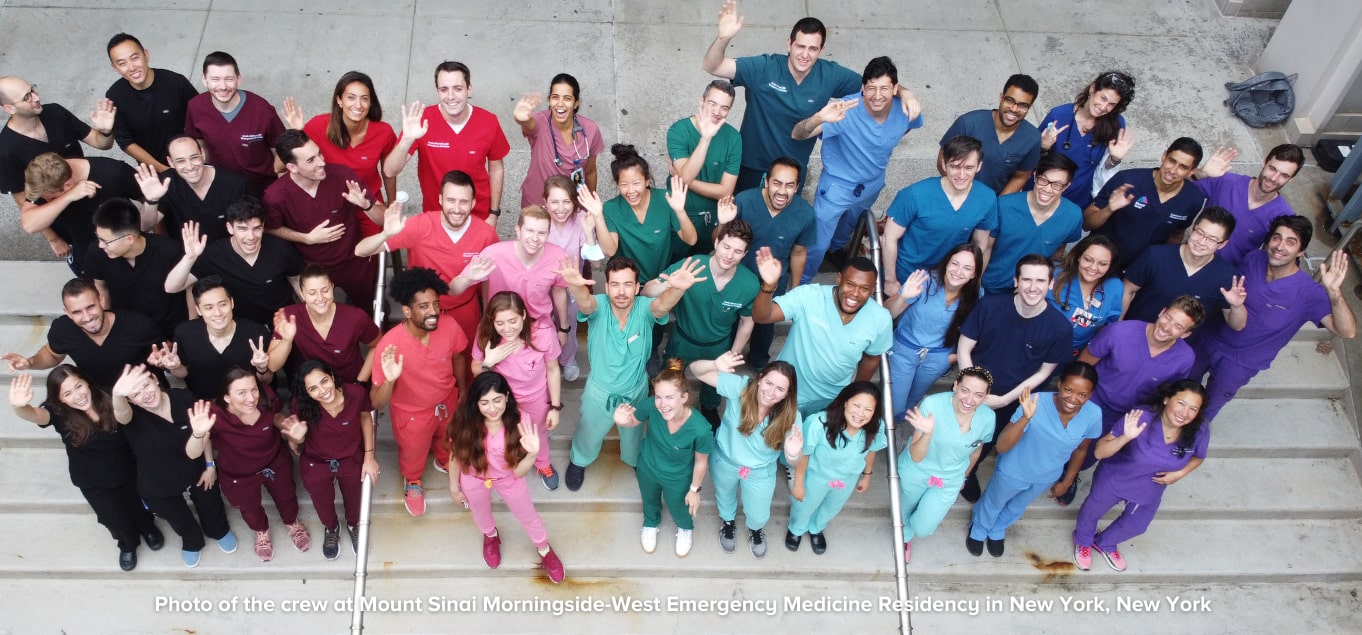Inclusive Excellence at ABEM
ABEM upholds the highest standards in Emergency Medicine, ensures fairness in board certification, and promotes excellence in patient care. We are committed to inclusivity, advancing excellence, and certifying physicians who provide the highest-quality care for all patients.


How does ABEM support these values?
Creation of the Dr. Leon Haley, Jr., Bridge to the Future of Emergency Medicine Academy mentorship program for rising second-year medical students.
- This program specifically provides rising second-year medical students with the opportunity to participate in an in-person, all-expenses-paid, two-week mentorship program
- Selected students join didactic lectures on topics such as health care issues in diverse communities, reducing health care disparities, and applying to residency programs.
Research and papers published with a focus on:
- Intention to Leave Emergency Medicine: Mid-career Women Are at Increased Risk
- Emergency Medicine Physician Workforce Attrition Differences by Age and Gender
- Emergency Medicine Residency Does Not Reduce a Racial Minority-Based Test Performance Gap
- Workplace Mistreatment, Career Choice Regret, and Burnout in Emergency Medicine Residency Training in the United States
ABEM's Statement on Anti-Discrimination
ABEM condemns the social injustice of systemic racism and any form of discrimination based on race, ethnicity, socioeconomic status, religion, gender, veteran status, sexual preference, or age. Addressing racism and prejudice is critical to ABEM’s mission to ensure the highest standards in the specialty of Emergency Medicine.
ABEM strongly stands with emergency physicians who care for ALL who enter an emergency department regardless of their background or status.
ABEM strongly stands with members of the public who work to address the underlying inequities that impact the health and medical care of all of our communities, especially those who are most vulnerable.
